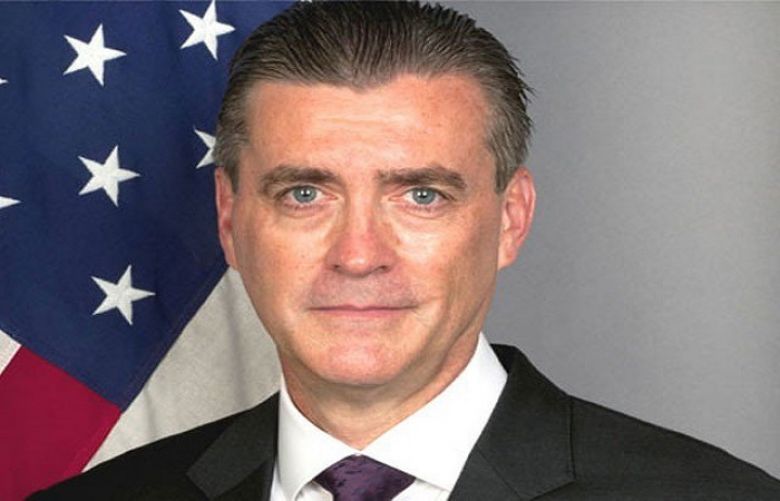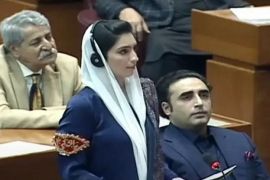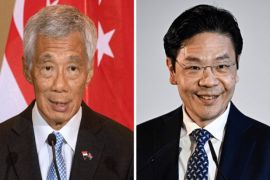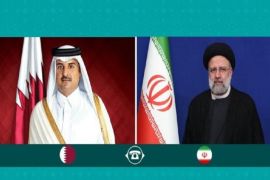Former US ambassador to Pakistan, Richard G. Olson believes Trump administration’s attempt at “humiliating and penalising Pakistan is unlikely to work”.
In his op-ed titled ‘How Not to Engage With Pakistan’ published in the New York Times, Olson, who served as the United States ambassador to Pakistan from 2012 to 2015, writes that Pakistan has greater leverage over the US than many imagine, and Trump’s latest approach towards the country is unlikely to work.
“The keys to understanding Pakistan’s policy and the limitations of American options lie in geography and history… The geography that defines Pakistan’s security worries has also been a bane for the United States. For the past 16 years our military efforts in landlocked Afghanistan have been dependent on transit through and especially overflight of Pakistani territory,” he writes.
“Absent an implausible similar arrangement with Iran, other options are not good. Supply through the Central Asian states to the north is theoretically possible, but would rely on Russian good will. Enough said. Without Pakistani cooperation, our army in Afghanistan risks becoming a beached whale,” the diplomat observes.
Olson writes that “despite an infusion of about $1 billion per year of development assistance during the Obama administration, money never gave the United States the leverage it desired.”
Pakistan knows that as long as the United States maintains an army in Afghanistan, it is more dependent on Pakistan than Pakistan is on it, he notes, adding that this “disconnect between Washington and Rawalpindi led to the decline in United States-Pakistan relations that was already highly visible in the last year of the Obama administration.”
Olson, in his article, mentions China’s mega-billion dollar investment in Pakistan. The “magnitude and its transformation of parts of Pakistan dwarf anything the United States has ever undertaken,” he writes.
“..as United States aid levels have diminished — reflecting bipartisan unhappiness with Pakistani policy — aid from the Chinese has increased. China has invested around $62 billion in Pakistani infrastructure under the China-Pakistan Economic Corridor, an element of the “One Belt, One Road” initiative.”
The diplomat writes that “the path of the tweet and highly public aid cuts is not a method that will engender success. The United States can address Afghanistan only with a political initiative. The ultimate answer to the Pakistan conundrum is to start a diplomatic initiative to bring peace to Afghanistan by opening talks with the Taliban.
“The Trump administration has publicly stated that it sees the conflict ending only through a negotiated solution. It is difficult to understand why no such diplomatic initiative had been started.”
Aid Cut
Olson's article comes amid a period of heightened tensions between the two nations that followed accusations from US President Donald Trump, who accused Pakistan of giving nothing but lies and deceit, thinking US leaders to be fools.
"They give safe havens to the terrorists we hunt in Afghanistan, with little help. No more!" Trump said in a tweet last week.
The US allegations have drawn a strong reaction from Islamabad over the past few days, with the summoning of the US ambassador to its Foreign Office in a rare public rebuke.
Amid the US allegations, Washington also announced that it was withholding $255 million in aid to Islamabad.
The Pakistani military, in response to the US move, said that the suspension of aid would impact bilateral security cooperation between the two nations and regional peace.







